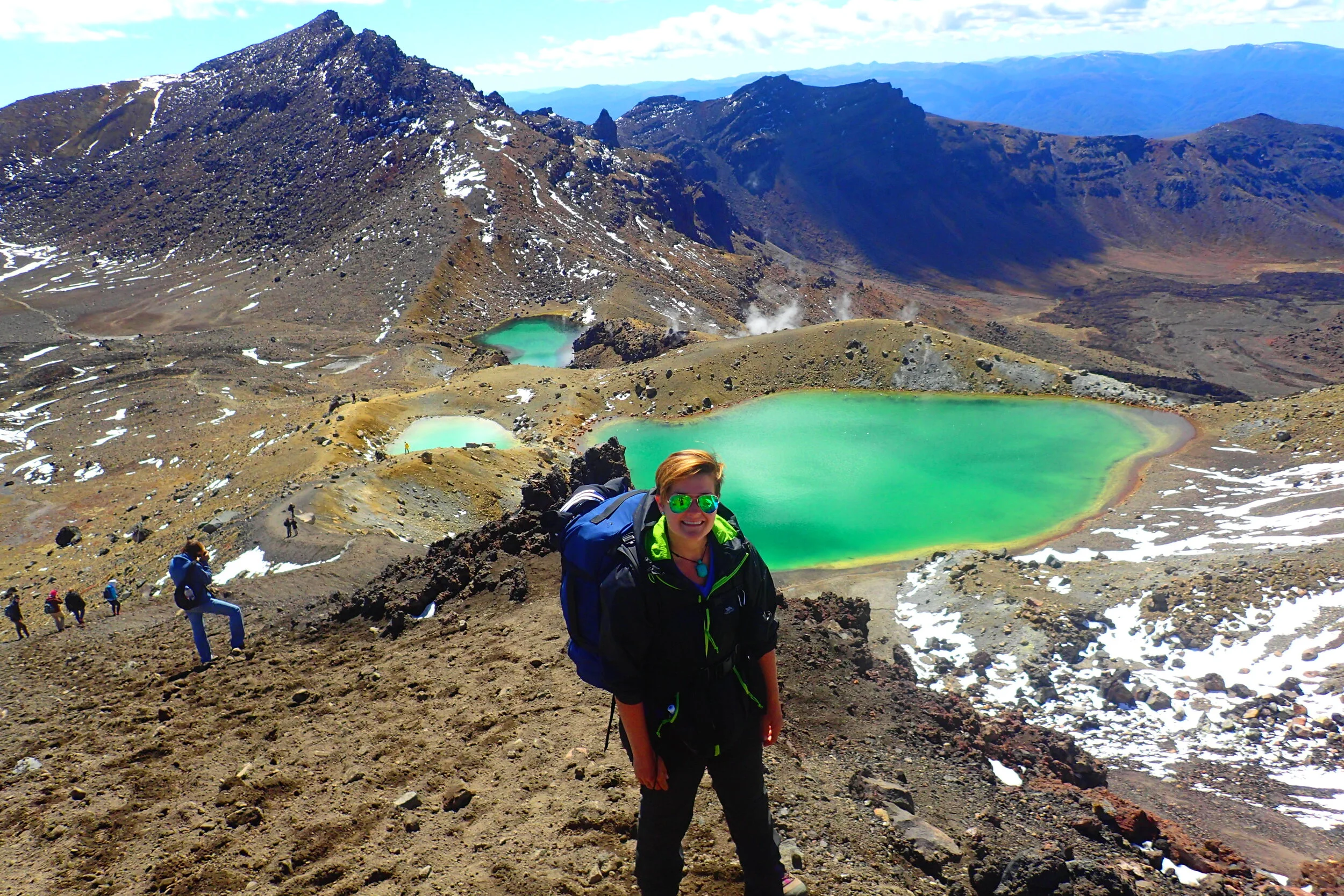I took a while to post this time because this may very well be the most personal one I’ve written yet! The more personal, the more careful a writer I am—so that's a good thing! Although this post is personal, I do hope others will find the history described here interesting or even relevant to their own lives. People travel for all sorts of reasons. Tracing a family history is just one reason, and it only applies to why I chose Germany as one of the stops during my year of deviation. I hope this post resonates with those of you who maybe have traveled for this reason before or perhaps you are aspiring to do so one day as well!
Lots of people have grandparents in their lives for a large chunk of their childhood and sometimes even into adulthood. Some are less fortunate to ever have any in their lives at all. I was fortunate enough to have two grandparents on my father’s side, Arthur and Shirley, and my grandmother on my mother’s side, Josephine, for at least part of my childhood. They all died by the time I was 12.
My cousin Frankziska and her husband Stephan and I were out for the day walking around Bielefeld, Germany’s 19th largest city known for its University. We had just visited Sparrenberg, a castle built before the 1250s and mostly destroyed in WWII. The castle had been rebuilt and you can still see parts of the original structure on the grounds and if you take a tour of the cellar. I enjoyed this castle mostly because the views of Bielefeld were beautiful, and also because of its very typical castle look & feel. Sparrenberg felt a little like a Camelot but maybe that’s because there were two men practicing sword play below near the castle walls. The nerd in me was thrilled to watch them.
The name Dachau typically conjures up horrible images among foreigners. Among Deutschland natives, the name brings up feelings of shame about Germany’s past. When I told others I was going to be visiting relatives in Dachau, they usually looked at me quizzically before asking, "Oh! So you’re going to visit the concentration camp?” Yes, Dachau is the name of one of the most infamous concentration camps in Germany. Yes, I did visit the camp during my stay. But Dachau is not only a concentration camp—it’s also a town populated by over 45,000 people. Two of those people are my cousin and her partner.
The both of them are well aware of what comes to mind whenever Dachau is named. They told me Dachau residentsdrive and park their cars around Germany and the rest of Europe at their own risk. With license plates sporting the name Dachau from local dealerships, resident’s vehicles have been known to be vandalized as a result of the strong emotional response tied to the town’s name. Declaring hometown pride for Dachau must be challenging for residents. I certainly can understand the difficulty seeing the name stamped on someone’s car, like a badge of hate. At the same time, it's important to realize the name also represents a small town along the River Amper in Bavaria. This is why I’ve decided to write about the concentration camp and the town in this post.




